
The second wave of coronavirus infections hit East Sussex far harder than the first, councillors heard last week.
On Thursday (March 4), members of the East Sussex Health Overview and Scrutiny Committee (HOSC) heard an update from senior NHS and council staff about the impact of the pandemic on local services.
During the meeting, councillors heard how both the number of cases and the number of covid-related deaths sharply increased across East Sussex in December and January.
As of February 5, there have been 1,553 deaths of East Sussex residents where Covid-19 was mentioned on the death certificate. The vast majority of these were recorded between December and the beginning of February.
Darrell Gale, East Sussex County Council’s director of public health, said: “This graph shows a really horrific story. This shows the impact of the new variant on our deaths in East Sussex.
“For Rother and Hastings, this is even more horrific because you see in those areas a very, very small number of total deaths in the first wave around about March, April, May of last year and a proportionate increase in Hastings of over 20 times the number of deaths in the second wave than there was in the first.
“This is almost two pandemics; the virus in the first wave had some quite different properties in terms of its transmissibility and the hit rate that led to serious illness and to death than the variants that came in December.”
He added:
“In many respects the small numbers in Hastings and Rother during the first wave were actually unusual. It did make them an outlier.
“Sadly, in terms of levels of deprivation and type of housing etc in the second wave, they reverted to being on par with the North Kents and the Medways in terms of those very sad outcomes there.”
A similar picture was shared by Joe Chadwick-Bell, the chief executive of East Sussex Healthcare NHS Trust (ESHT), which runs Eastbourne DGH and Conquest Hospital in Hastings.
She said:
“Our first wave and second wave were very different experiences, in part due to the community rates.
“In our first wave our peak number of patients that we were treating on any one day for Covid within our acute hospitals maxed at 75 patients. Those were suspected, treat as positives and the positives at peak.
“When it comes to the second wave, we started to see an increase between late October through to early December. We could see a slow increase but nothing dramatic.
“The week of around the 4th to 11th of December the numbers went up really quickly over a really short period of time.
“By comparison we had 420 patients at peak being treated for covid; that’s the positives, the treat as positives and the suspected.
“On top of that we had around 70 patients in our community beds. It wasn’t necessarily that we were admitting patients into our community beds but that we had designated it as a discharge destination for patients who didn’t need to be in acute care.”
She added that the number of cases in East Sussex hospitals have now begun to fall, but had only just gone below the first wave peak.
Councillors also heard that the overall pressure in the healthcare system has started to reduce in line with reduced infections and usual winter demand.
Meanwhile, more than 477,00 doses of vaccine against Covid-19 have been delivered across the whole of Sussex.
As of February 14, more than 477,463 vaccinations have been delivered across Sussex, including 464,950 first doses.
These include almost all residents and staff in older people’s care homes. The committee heard that almost all older people’s care homes have received first dose vaccinations with the exception of a small remainder of homes where the vaccine was deferred due to outbreaks.
The majority of people aged 80 and over in East Sussex have also been vaccinated, while most frontline NHS staff have received the first dose.
Around 92.7 per cent of those aged 75-79 in East Sussex have received the first dose vaccination, as have 90.2 per cent of those aged 70-74 and 87.8 per cent of those who are “clinically extremely vulnerable.


 Event Bookings Go Live For Worthing Festival ‘24
Event Bookings Go Live For Worthing Festival ‘24
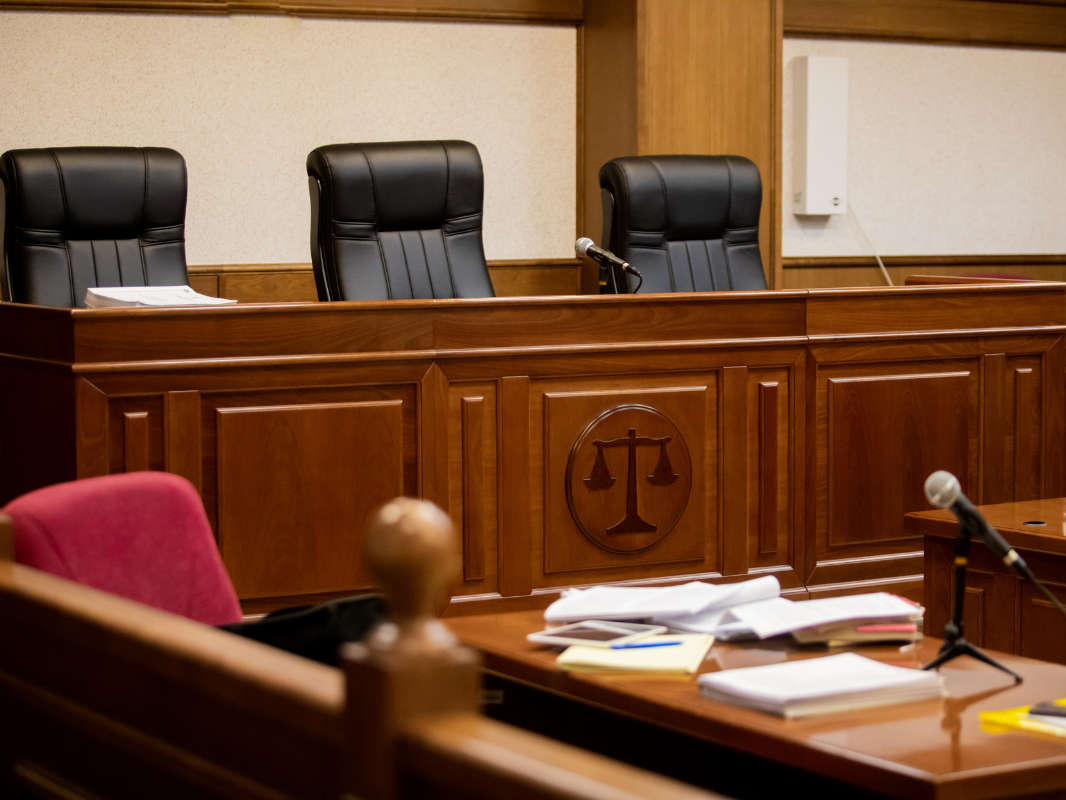 Man Charged After Throwing Brick Through Brighton Restaurant Window
Man Charged After Throwing Brick Through Brighton Restaurant Window
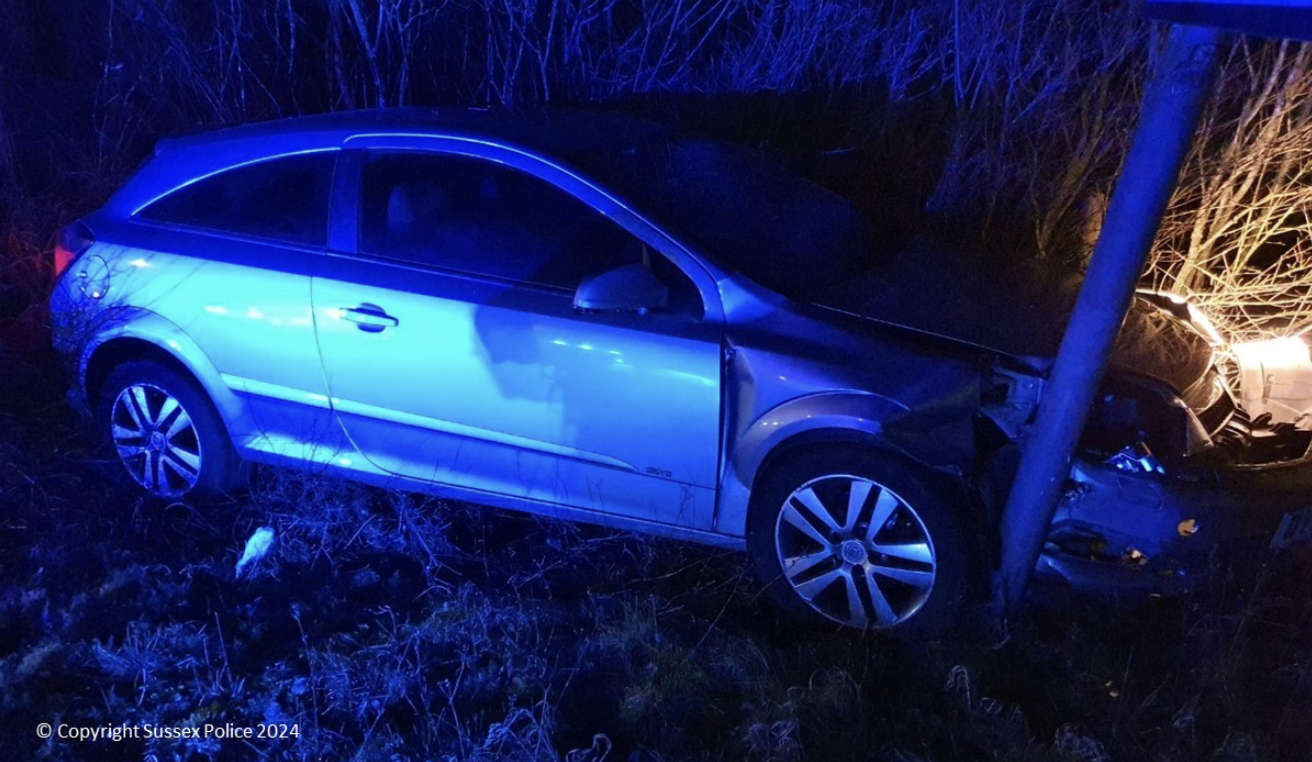 Peacehaven Man Disqualified Over High-Speed A27 Pursuit Near Brighton
Peacehaven Man Disqualified Over High-Speed A27 Pursuit Near Brighton
 Appeal After PCSO Assaulted In Uckfield
Appeal After PCSO Assaulted In Uckfield
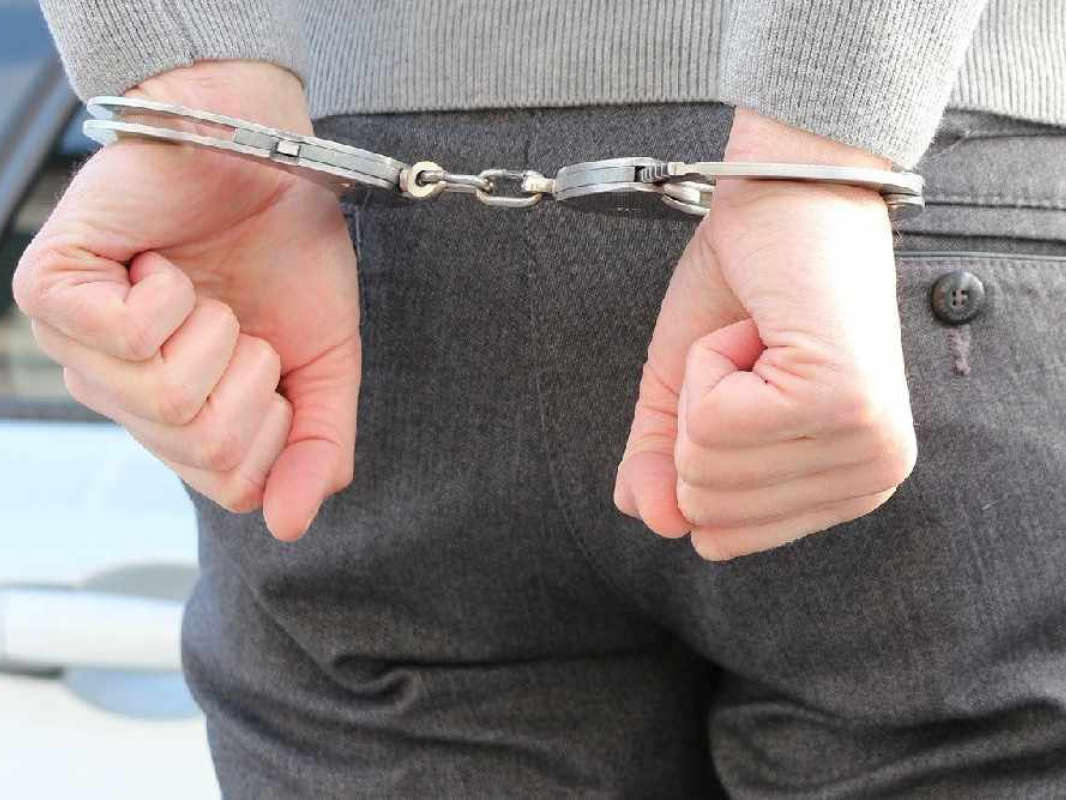 Man Charged With Rape Of Teenage Girl In Newhaven
Man Charged With Rape Of Teenage Girl In Newhaven
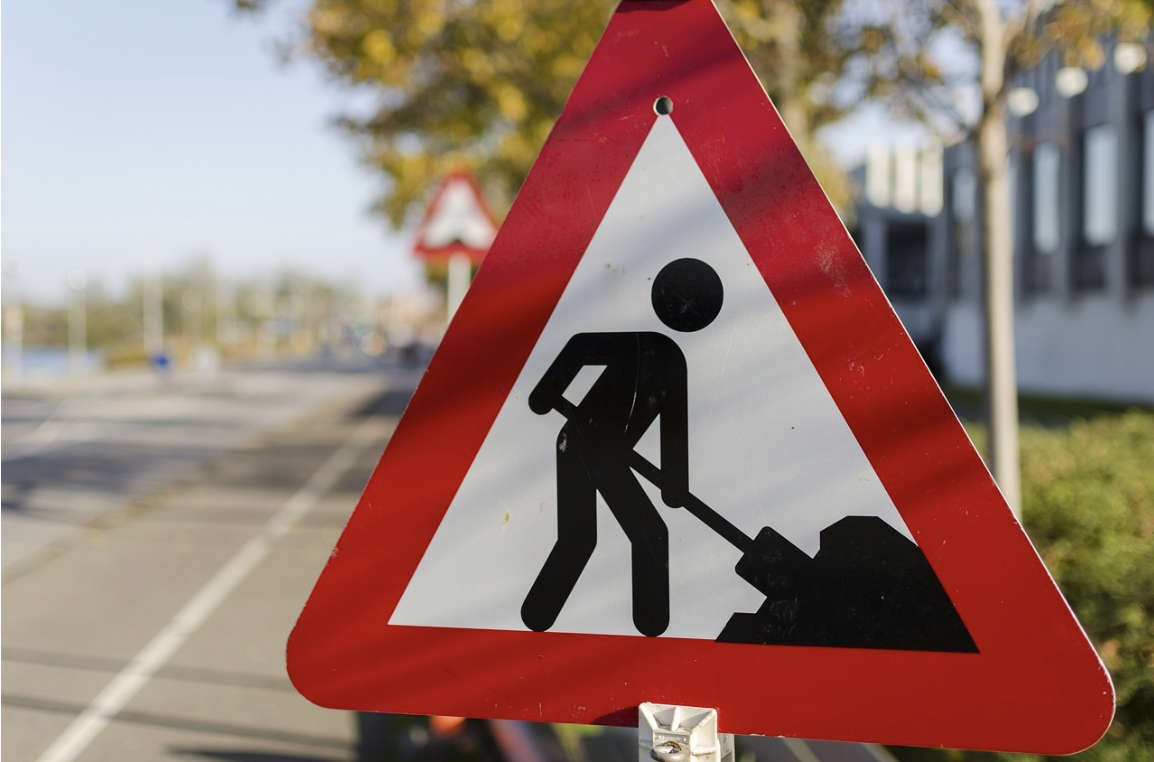 Overnight Closures For A22 Forest Row Road Improvements
Overnight Closures For A22 Forest Row Road Improvements
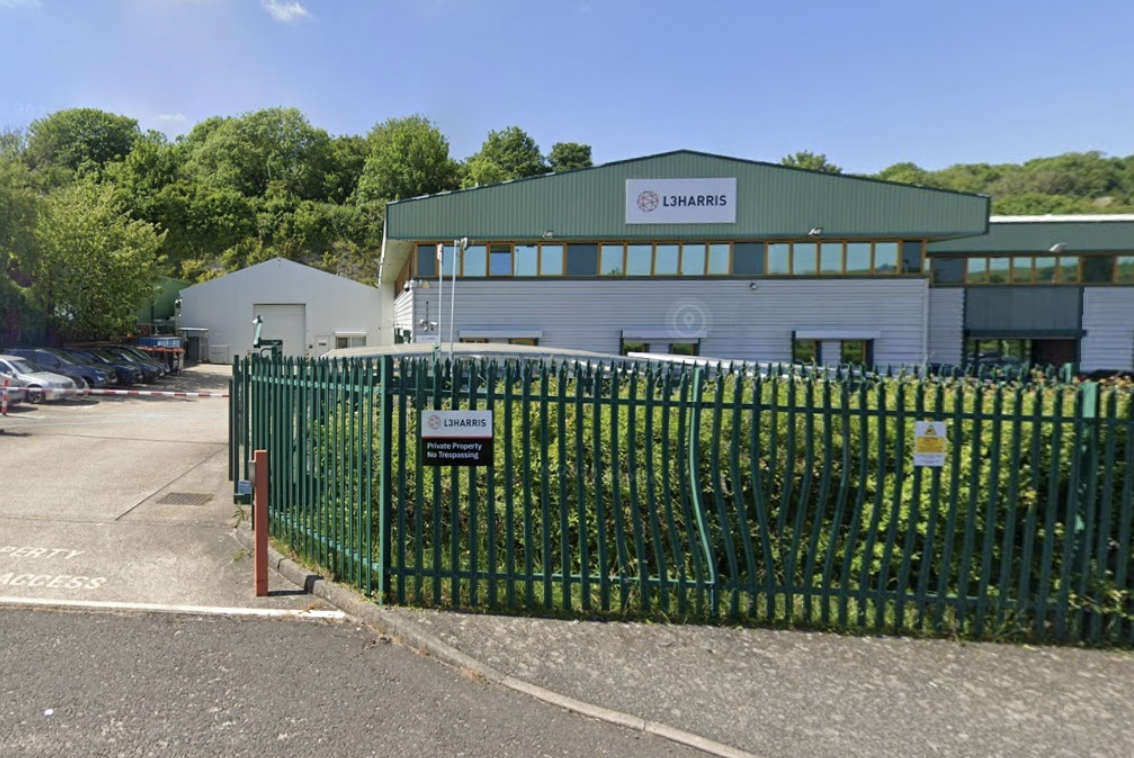 Brighton Defence Manufacturer's Controversial Planning Application Likely To Be Heard
Brighton Defence Manufacturer's Controversial Planning Application Likely To Be Heard
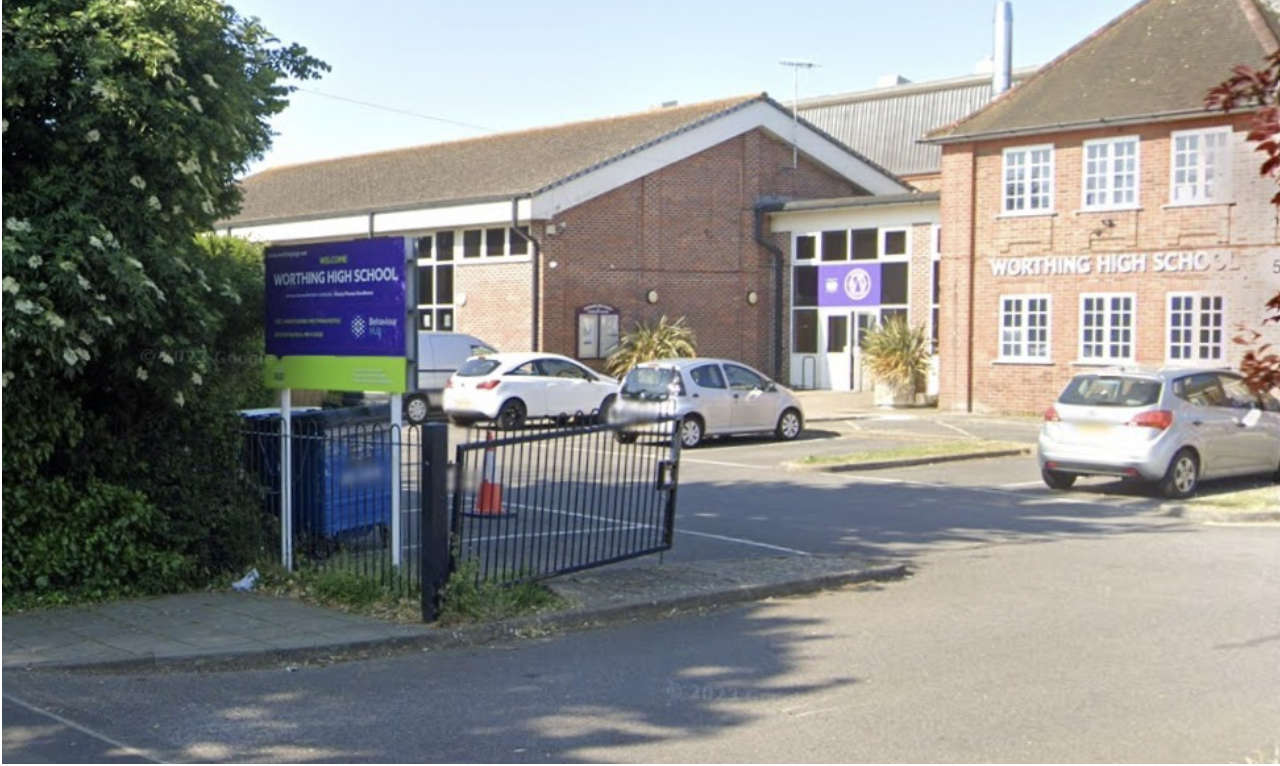 Over £2.4m Approved For Worthing School Support Centre
Over £2.4m Approved For Worthing School Support Centre
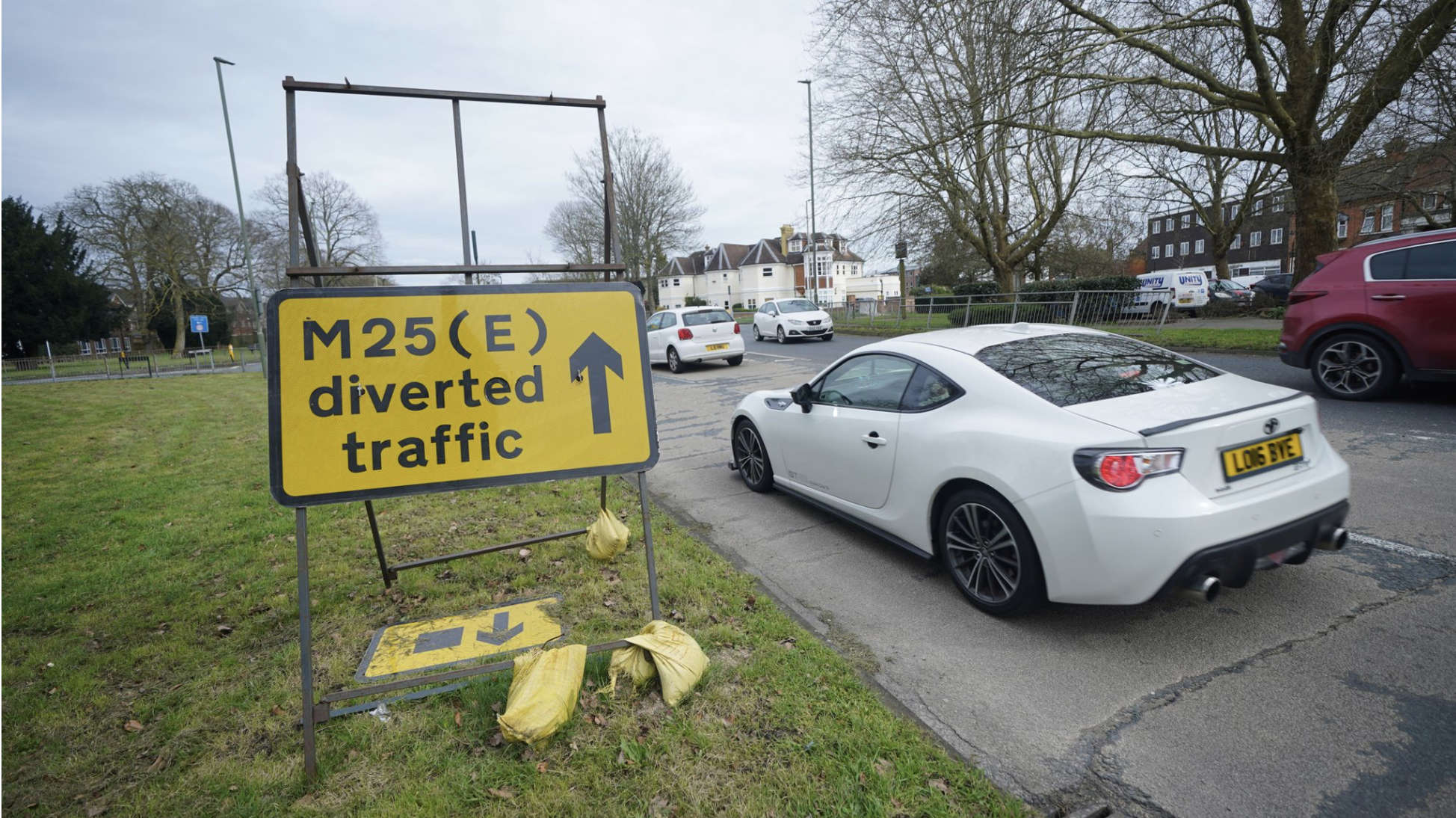 Section Of M25 To Close Again Tonight - As Drivers Warned Not To Get Complacent
Section Of M25 To Close Again Tonight - As Drivers Warned Not To Get Complacent
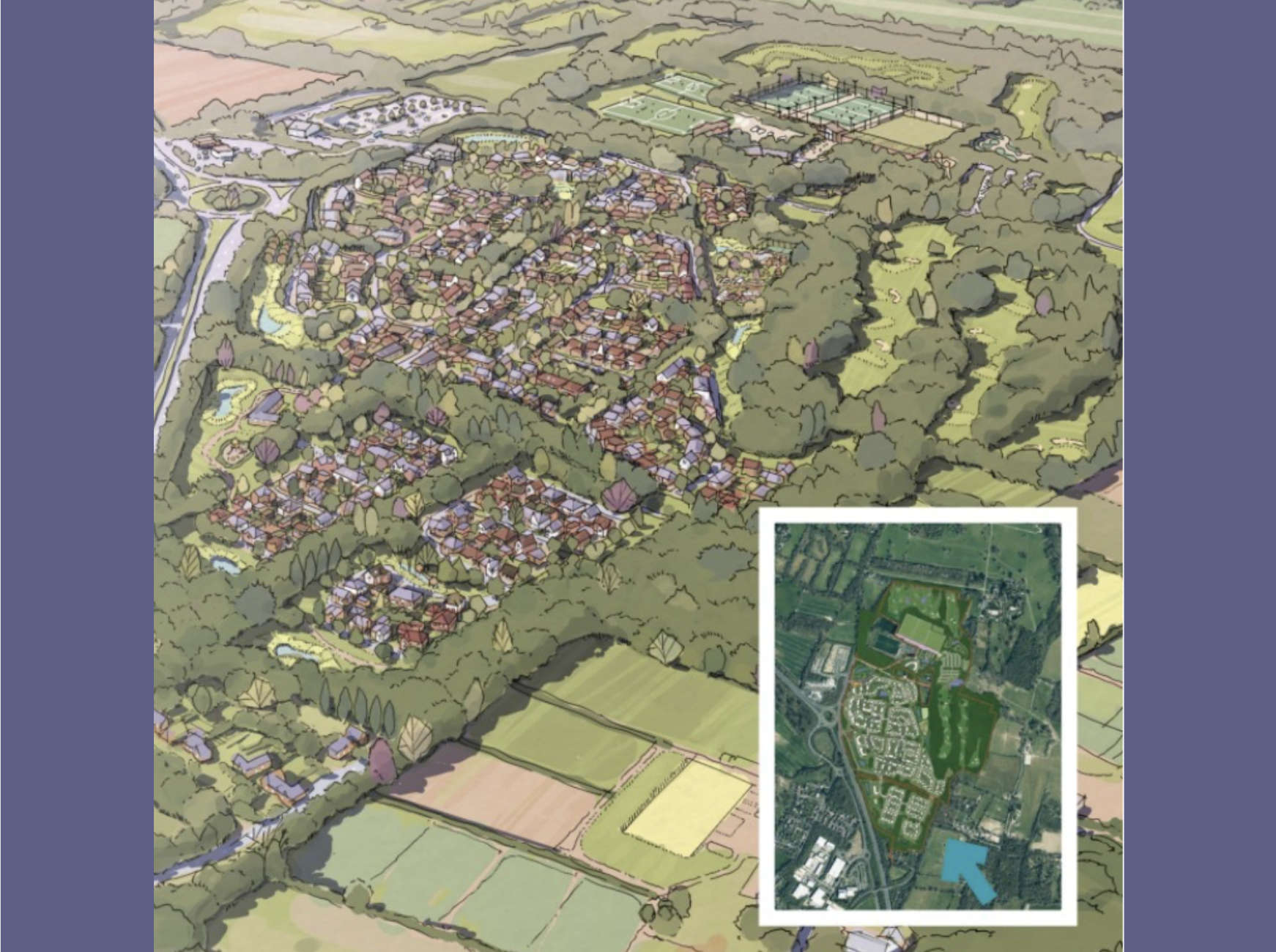 Plans For 800 New Horsham Homes Refused
Plans For 800 New Horsham Homes Refused
Comments
Add a comment